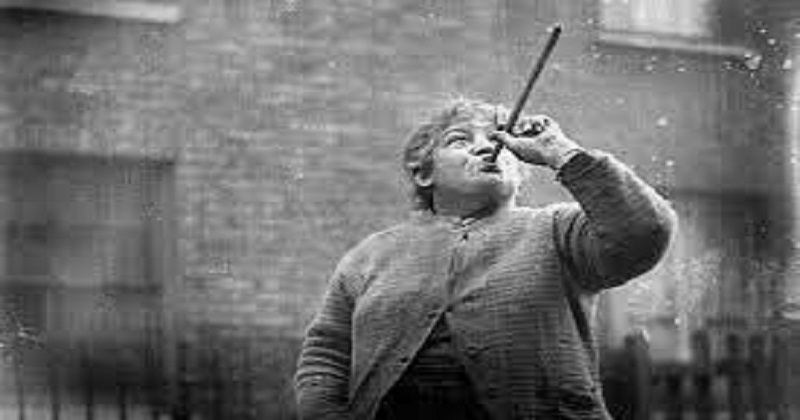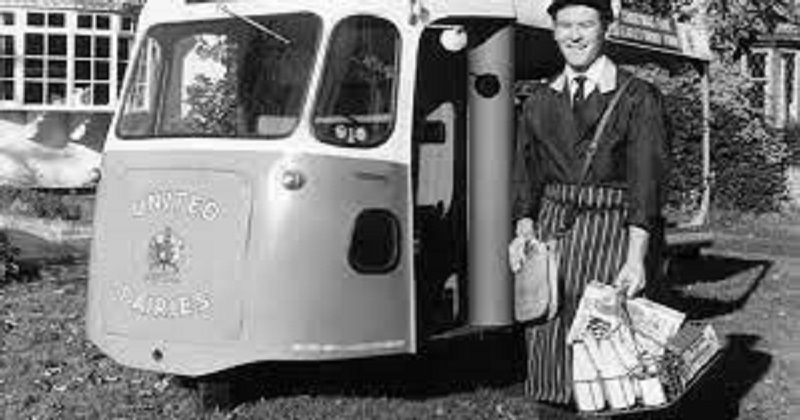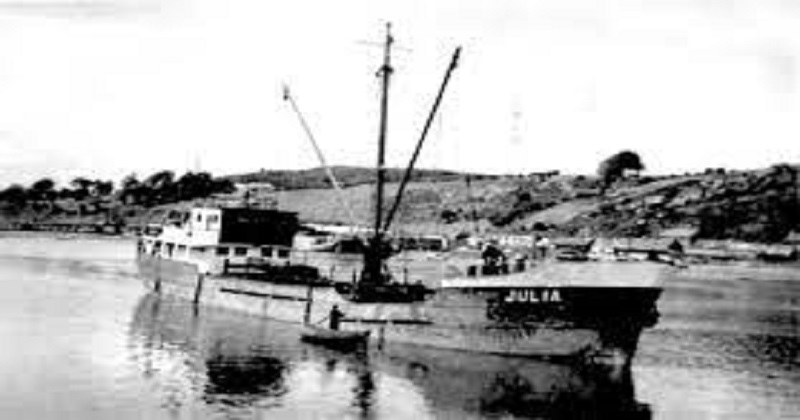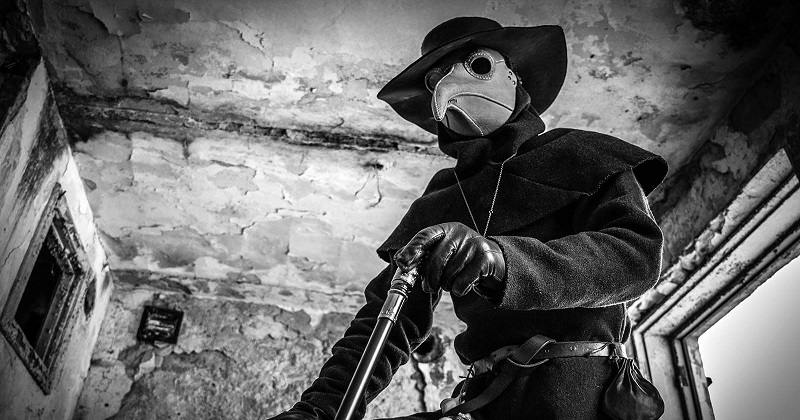
We often wonder if someday our jobs will be obsolete due to technological advances and the fear that robots will take over the world. However, employment and jobs are constantly changing, and humans keep up. Humans are nothing if not inventive, as this list of obsolete jobs demonstrates!

- Dispatch rider;
In the First and Second World Wars, radio transmissions were unreliable and susceptible to interception. The dispatch riders—often women!—delivered key messages between military outposts while zipping along on motorcycles. After the war, they were no longer needed.

- Lamplighter;
Here we go…streetlights. Lamplighters in the days before electricity walked the city streets with long poles extending into the glass frames of lampposts. To light the streetlamps at dusk, they either climbed a ladder or used a pole.

- Breaker boy;
In the U.S., coal companies hired breaker boys to separate impurities from coal before child labour laws were in place. In the early 1920s, coal separation technology improved and boys between the ages of 8 and 12 separated coal from rocks, clay, and soil.

- Elevator operator;
Nowadays, you get in an elevator and press a button. When the technology was still new, elevator operators walked inside each car and controlled the speed. They also controlled whether it moved up or down, how many people got on board, as well as how the doors opened and closed.

- Herb strewer;
Castles and homes in medieval times could smell terrible! They didn’t have indoor plumbing and bathing wasn’t very common. To cover up the odours, herb strewers threw fresh herbs on castle floors. When perfumes, plumbing, and sewage systems advanced, their jobs became obsolete-whew!

- Knocker upper;
Before alarm clocks were invented, people hired a knocker to bring them up in the morning by rapping on their bedroom windows. Knocker uppers would shoot at the windows with long poles or peas. There was just one alarm, without a snooze.

- Phrenologist;
In the 19th century, phrenology became popular as a pseudo-science. People’s heads were measured with calipers by phrenologists, who believed the size and shape of their heads indicated their intelligence levels. According to their research, they divided brains into sections and assigned personality traits to each section.

- Milkman;
Milkmen played a vital role in society, not just in old episodes of Leave It to Beaver and I Love Lucy. To homes without refrigerators, milkmen delivered bottles of milk, eggs, and butter every morning. With the advent of refrigerators, they lost their job.

- Iceman;
Refrigerators replaced another job—icemen. In the winter, icemen handsaw blocks of ice from lakes and rivers and delivered them to homes. For keeping food fresh or frozen, the ice was put into an icebox. Their services are not required anymore.

- Clock winder;
Prior to the invention of electric clocks, clock winders wound clocks in offices, large buildings, and other places. The Industrial Revolution put them out of business, as people preferred the low maintenance and fewer repairs of electric clocks. However, Buckingham Palace still employs them.

- Scissors grinder;
A scissors grinder often walked door to door offering to sharpen dull knives, scissors, or other tools. A wheeled contraption similar to a wheelbarrow would be mounted with an abrasive wheel. Since those items became so cheap people threw them away when they became dull. By the 1970s, the job had disappeared.

- Hobbler;
In the 1800s, hobblers were often found towing canal and riverboats standing balanced on the decks of boats while hobbling around the decks. Small boats were rowed out to tow larger boats. Deckhands exist today, but they don’t use this old-fashioned term.

- Plague doctor;
In the 14th century, the bubonic plague spread rapidly, causing villages to hire plague doctors to treat the infected. It is said that plague doctors wore masks with hooks on the beak, stuffing medicinal herbs in the hooks to filter out contagious air. Some of them also used wooden canes to avoid touching patients.

- Chimney sweep;
Chim chiminey/Chim chiminey/Chim chim cher-ee! It wasn’t just characters in old movies; chimney sweeps have been using long-handled brushes to clean chimneys for centuries. In the course of adopting electricity and gas to heat homes, they were gradually displaced.

- Food taster;
Once upon a time, food tasters sat next to kings and queens, taking a bite or two before the important person ate. The job sounds great—get paid to eat! The truth is that poisoning was common and death was one of the downsides of the job.

Post Your Comments